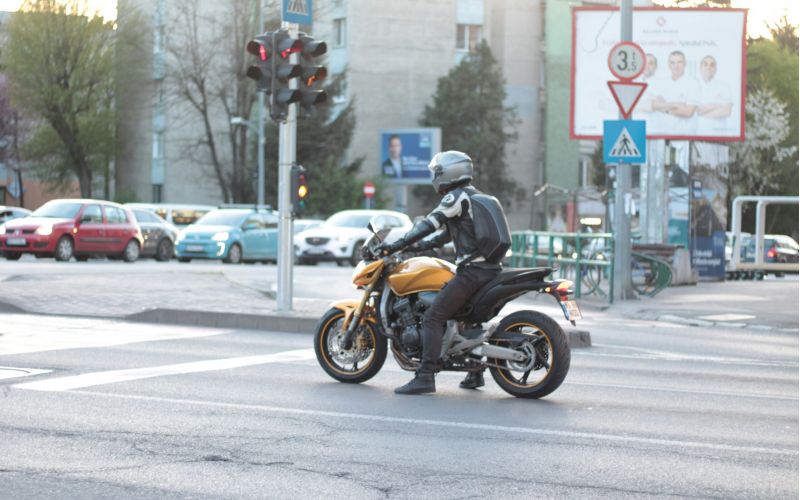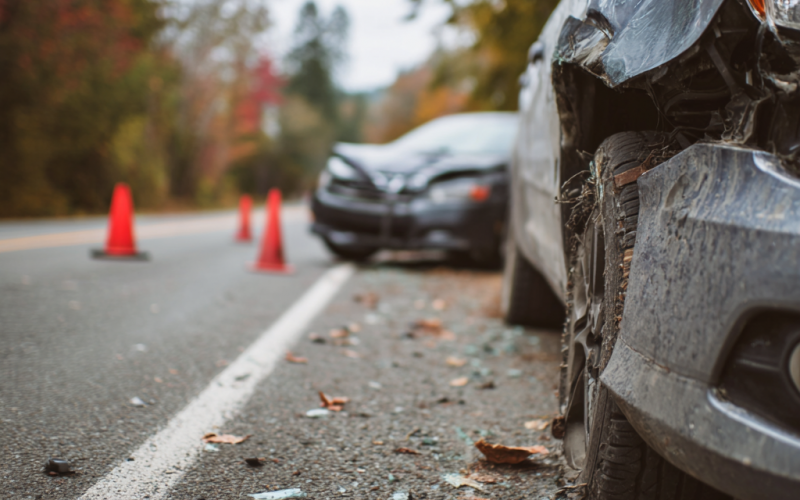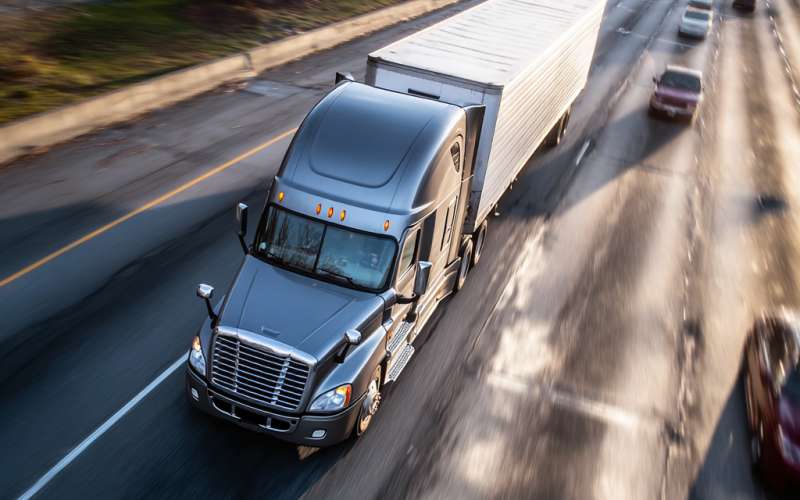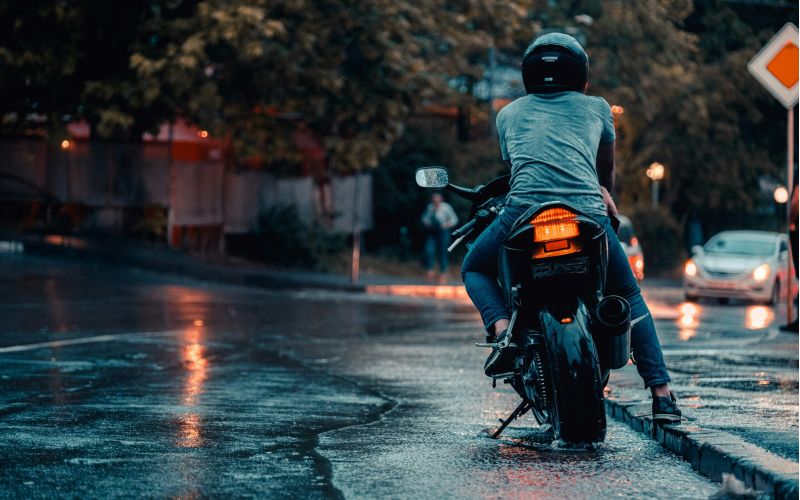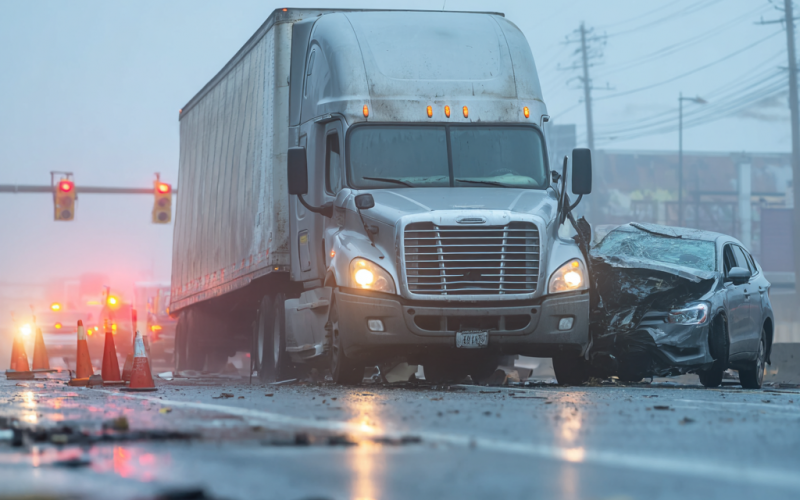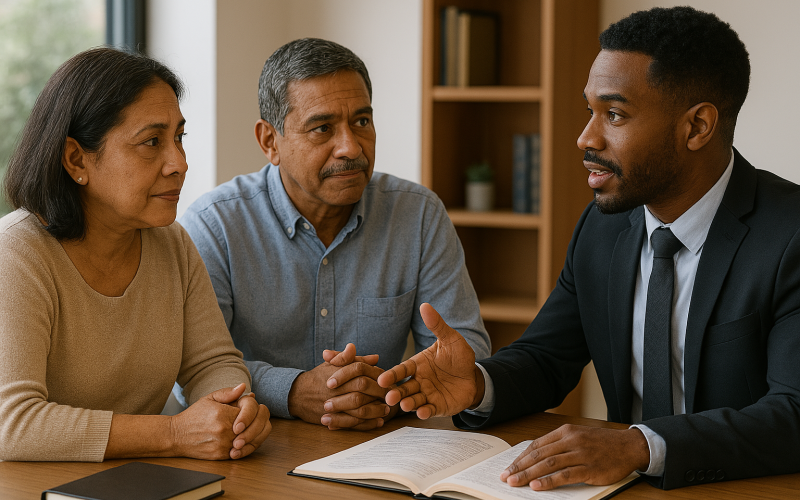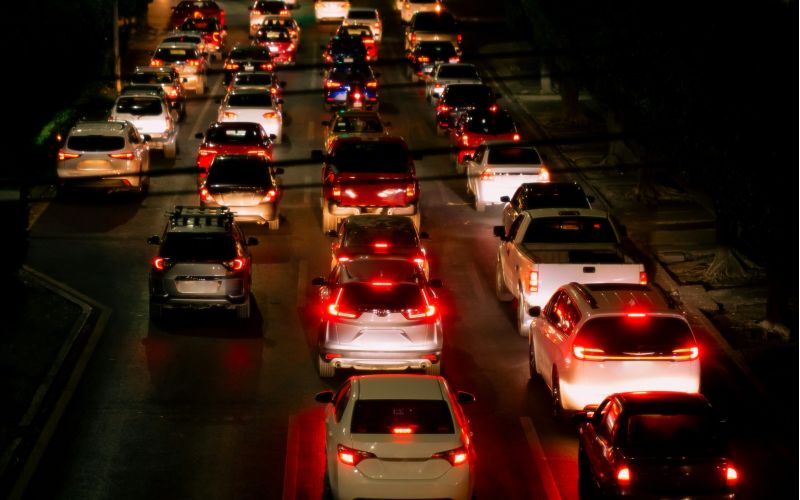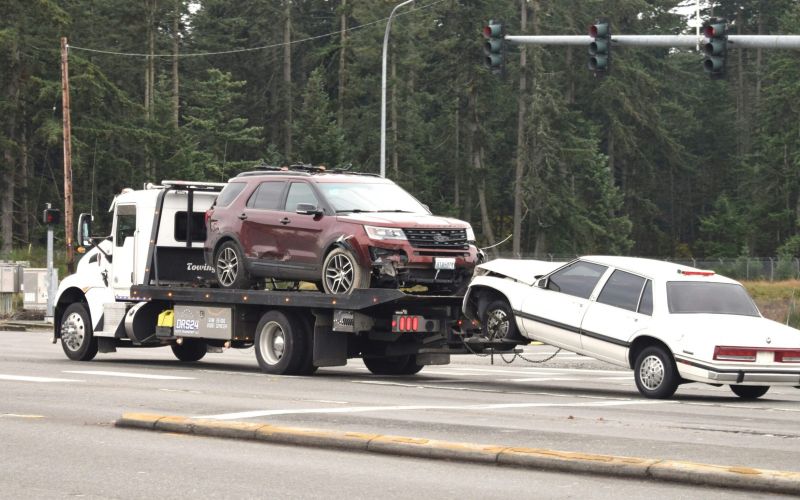If Someone Brake Checks You, Who Is At Fault?
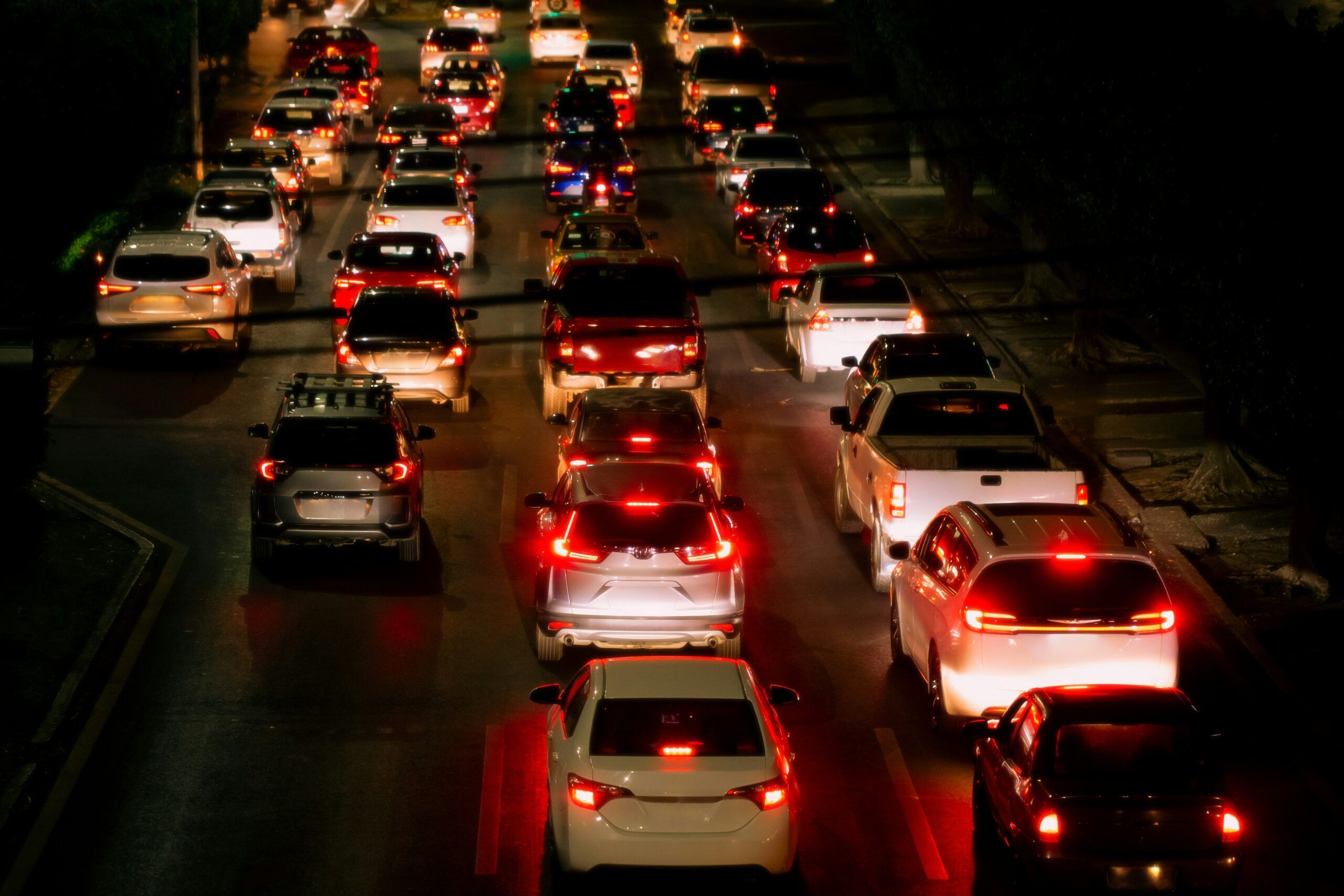


Key Takeaways
- Brake checking is an illegal and reckless act that often causes rear-end collisions and serious injuries.
- Determining fault after a brake-check crash can be complex, especially if both drivers share some responsibility under South Carolina’s modified comparative negligence rules.
- Strong evidence — such as dashcam footage, witness statements, and vehicle damage patterns — is often elemental to proving that the other driver caused the crash by brake checking.
Brake checking can be dangerous – but does it change who’s at fault in a rear-end crash? At HawkLaw, P.A., we get to the bottom of what really happens when someone suddenly hits the brakes in front of you.
It’s common knowledge that you can be seriously injured if someone brake checks you. Who is at fault, however, is not always clear. Brake checking can seem harmless, but for victims, it can lead to serious injury and trauma and cause significant financial loss.
If you are the victim of brake checking in South Carolina, we want to help. Your car accident lawyer will work closely with you to find any evidence to support your case. HawkLaw P.A. is committed to being by your side through this process.
What Is Brake Checking?
Brake checking occurs when a driver slams on the brakes of the car, often without warning. A light tap on the brakes could be a signal to the driver behind you of a problem ahead. However, brake checking involves more than this. Typically, people engage in brake checking intentionally.
What Is the Point of Brake Checking?
Many drivers brake-check the driver behind them as an aggressive type of “warning.” Drivers may claim it’s to stop another vehicle from tailgating or from trying to get them to speed up. In reality, brake-checking is about intimidating other drivers, and potentially risking an accident just to prove a point.
Is Brake Checking Dangerous?
Yes, brake checking is dangerous. It is one reason rear-end collisions happen. When one driver slams on their brakes, there is a risk that the other driver may not respond quickly enough to stop their car, leading to a collision. That initial rear-end collision could then cause a chain reaction with other vehicles, creating even more risk.
While it may seem “harmless” if the second driver can stop in time, real injuries are possible from brake checking, including those that can change the course of a person’s life. Victims may sustain a range of injuries in the event of a collision. Some of the most serious accident injuries from brake checking include:
- Traumatic brain injuries occur when the head strikes the steering wheel or dashboard.
- Broken bones, including fractures of the cervical spinal column, can occur.
- Other spine injuries, including pinched nerves and dislocations, can happen due to compression from an accident.
- Brake checking on a construction site could mean significant injury if the vehicle is very heavy or, in some cases, may cause the vehicle to roll over.
- In a serious accident, a person may die as a result of their injuries, leading to a wrongful death claim.
Many factors contribute to the risk of injury, including the speed of travel, the size and type of vehicles, and the response of the driver.
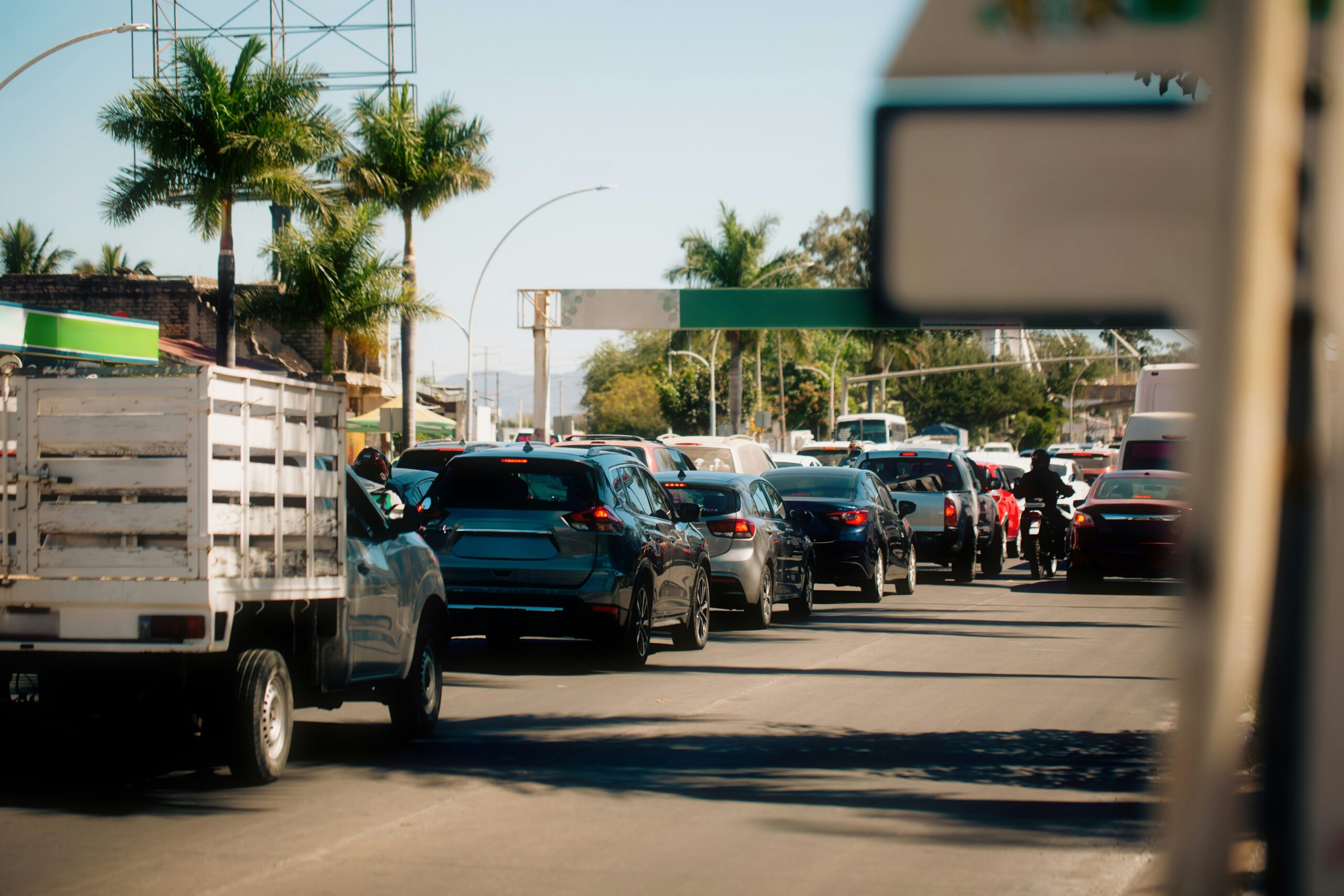
Is Brake Checking Illegal?
Yes, brake checking is illegal. Under South Carolina Uniform Traffic Law Section 56-5-2920, it is illegal for a driver to intentionally create an unsafe condition. The law applies to situations where a driver willfully or wantonly disregards the safety of another driver. That makes them guilty of reckless driving.
If Someone Brake Checks You, Who Is At Fault for the Resulting Crash?
If you are a victim in a car accident with an aggressive or reckless driver, it will be necessary to prove that the driver in front of you brake-checked you and is therefore at fault for the crash. That is hard to do, especially if the responding police officer believes you were to blame for the accident. It is possible that the case could lead to both drivers being held partially responsible.
- If you can demonstrate that the driver brake checked you and therefore caused the accident, you may have a stronger claim for a larger award.
- If you are tailgating the other driver, meaning you are following very closely behind them, it could indicate that you were partially responsible. You may still be able to make a claim, but it’s possible that your overall award will be reduced.
Under South Carolina’s modified comparative negligence standard, when each party contributed to the accident, a percentage of responsibility is assigned to each driver. Your ability to recover any damages from the accident is directly related to that percentage. Keep in mind that, in South Carolina, if a driver is more than 50% at fault in an accident, they cannot recover any damages. If both drivers share equal fault, meaning each has been awarded 50% of the responsibility, then both may recover only 50% of the losses they sustained.
Defective Car Parts
It could be important to consider third parties that may also be responsible for such injuries. If there is evidence that one of the car’s brakes failed or the engine suddenly accelerated, and this led to the driver slamming on the brakes, the manufacturer could be held (at least partially) accountable for the injuries.
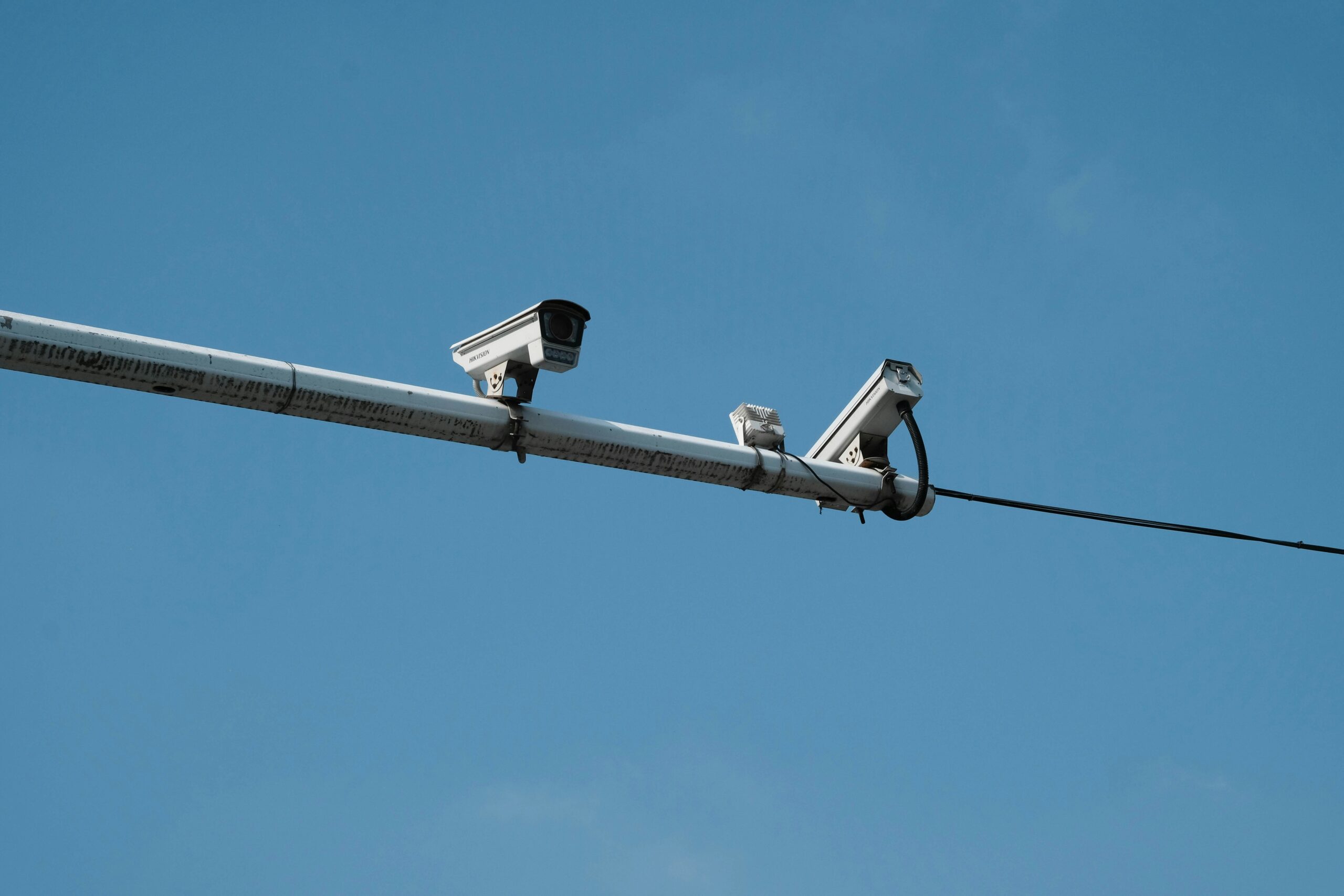
How Our Car Accident Lawyers Prove You Were Brake Checked
The complexity of a car accident like this lies in the availability of evidence demonstrating what happened. Sometimes, actions like this stem from previous events. Other times, a person takes an action that appears to be brake checking, but it really is not. To prove what occurred, your attorney will use a variety of types of evidence if available. Examples might include:
- Dashcam, cell phone, street cam, or other footage of the incident
- Witness statements, including statements from passengers in either vehicle or third-party vehicles
- Statements made by both drivers about what happened and why (sometimes one driver will admit to following too closely or engaging in road rage earlier in the drive)
- Tire tracks in the road which could indicate a hard brake
- The type of damage to the vehicles, which will indicate the point of the collision
Each case is unique in the availability of evidence. If you have any insights that prove what happened, be sure to tell your attorney about them.
HawkLaw Fights for Car Accident Victims in South Carolina
Not sure if you have the right to seek legal action? Or were you blamed for a rear-end collision caused by a brake check? Let our legal team help. Turn to HawkLaw P.A. for guidance. Fill out our contact form to get started with a free consultation*. We serve clients in Anderson, Greenville, Spartanburg, Charleston, and Columbia. The Anderson office is by appointment only, and most clients will be served out of the Greenville office.
John D. Hawkins
John Hawkins is the Founder and CEO of HawkLaw He has been licensed to practice law in South Carolina since his graduation with honors in 1994 from the University of South Carolina School of Law, where he was on the Law Review and Order of Wig and Robe.
-
$3,000,000*
Trucking Accident Settlement
-
$1,005,000*
Car Accident Settlement
-
$575,000*
Personal Injury Settlement
"*" indicates required fields



